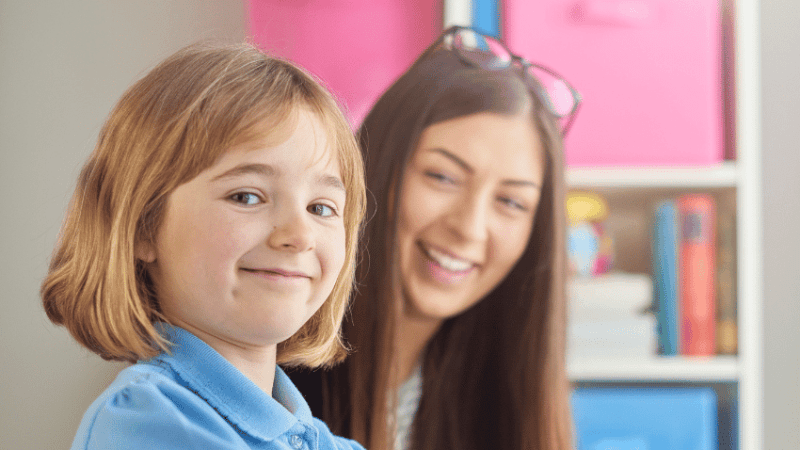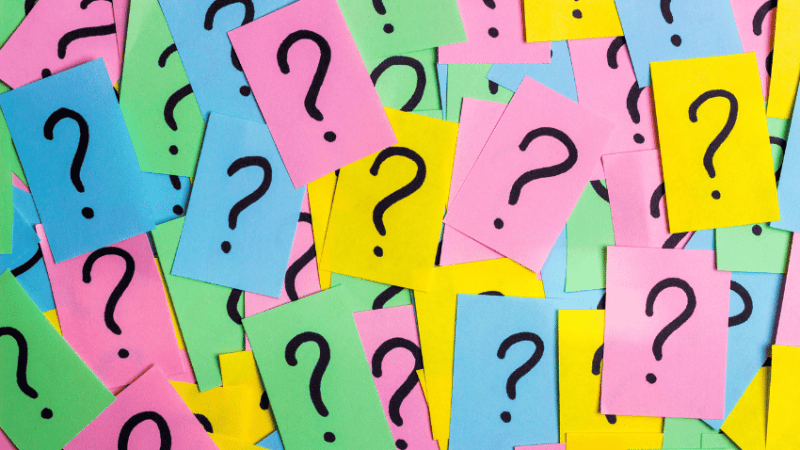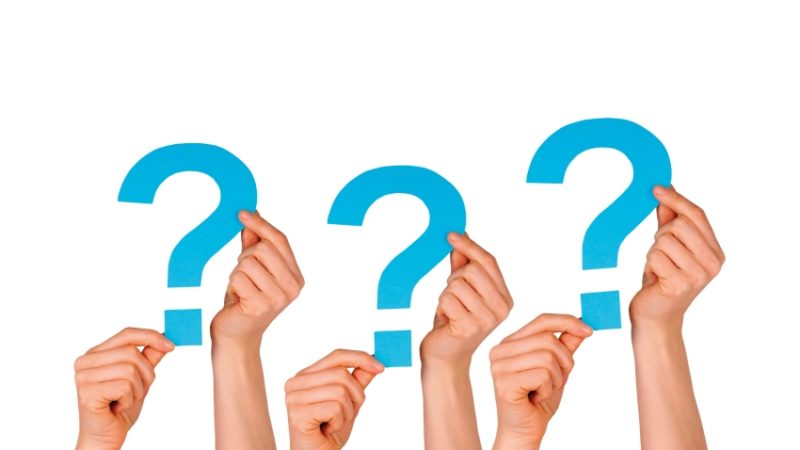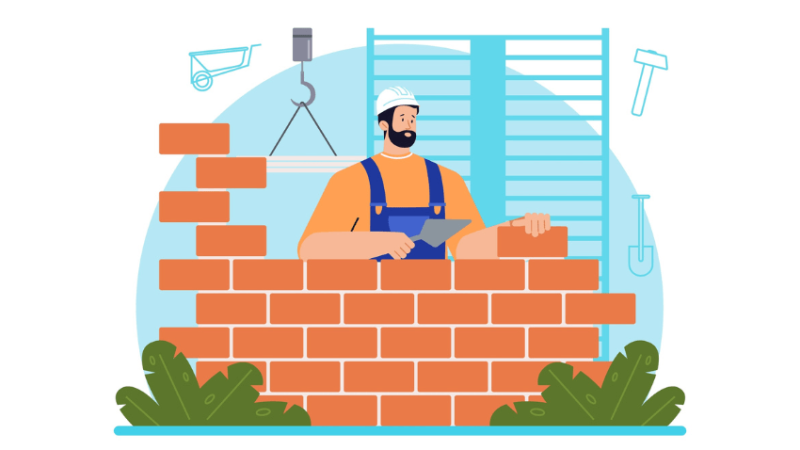Primary assessment – How the PEPA programme transforms assessment

Dump ‘teaching to the test’ and stoke the fire of creativity for an assessment pupils will remember far beyond primary school (for all the right reasons…)
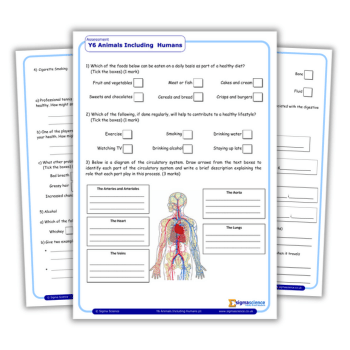
When I think back on my own primary assessment experiences, it’s not tests that I think of as solidifying my learning. It’s the school play.
Undoubtedly, the most rewarding thing I did at primary school was take part in a production of Oliver!
I was enchanted from the first mention of the idea; furiously learning lines for an audition and practising my wistful urchin impression in the bathroom mirror.
I got a lead part and could not have been more excited.
My teachers approached the play as a learning opportunity.
I practised speaking skills: how to project my voice and hold an audience’s attention; reading skills: working my way through Dickens’ novel and memorising a script; and teamwork: rehearsing with other children and sharing ideas about the best ways to bring scenes to life.
I learned how to manage time with after-school practices, and reflected on the challenges and achievements when it was all over.
I wasn’t tested on what I had learned, but received helpful feedback throughout from teachers, peers and parents.
It was a transformative experience for me at the time; I signed up for Saturday morning drama classes, which I attended for the rest of my school days.
I read everything else from Dickens and eventually completed an English degree.
Creative learning solutions
Creative, exploratory and enjoyable experiences are vital for all learners, but especially at primary age.
They can be the deciding factor in whether we feel excited about trying new things, or daunted and disillusioned.
But as a teacher, you’re up against pressures that jeopardise the chance to learn in this way.
Designing creative learning experiences is tough when you also have to prepare and guide pupils through so many hoops; the curriculum, reception baseline check, phonics check, multiplication table check, end of Key Stage 1 assessments, and Key Stage 2 SATs.
We’re likely all aware of concerns about the pressures of SATs, in particular.
There is definitely a worry amongst some educators that direct links between test results and school performance measures lead to too much ‘teaching to the test’. This, at the expense of broader learning opportunities.
Others have suggested that the narrow focus on literacy and numeracy leads to increased stress for teachers and families, while neglecting pupils’ wider strengths.
Post-Covid, the wider curriculum has suffered as schools have struggled to maintain consistency and support wellbeing; not to mention meeting ambitious ‘catch-up’ targets in literacy and numeracy.
Summative primary assessments like SATs have their place in helping pupils to develop in core subjects and providing a picture of progress. However, teachers and pupils working during tough times need other opportunities to celebrate success.
Primary Extended Project Award (PEPA)
As part of my work at think and action-tank The Centre for Education and Youth (CfEY), over the last year I have participated in a really exciting project; we have created a new assessment for 10 and 11-year-olds.
The Primary Extended Project Award (PEPA) aims to respond to some of the challenges of the current primary assessment system. It builds new ways for pupils to be creative and take control of their own learning.
The PEPA allows pupils to carry out an extended project that addresses a real-world challenge they feel passionate about.
They present their work to the local community through a medium of their choice. This can include performance, artwork, video or podcast.
Multi-academy trust Big Education has designed the PEPA in partnership with CfEY, and with support from the NCFE Assessment Innovation Fund. Any primary school across the UK (or beyond) can use it to complement existing practice.
We created the award with seven primary schools, designing a clear and consistent structure, assessment criteria and pedagogical approach.
The primary assessment process is largely formative, focusing on research and presentation skills, imagination, inquisitiveness, and persistence.
We shaped the programme to allow children to learn skills for life, including:
- metacognition
- self-regulation
- how to select reliable sources of information
- and ways to drive their learning independently and present it to others with confidence.
Throughout the PEPA, pupils receive feedback from peers, parents, and teachers, culminating in Bronze, Silver and Gold awards.
CfEY and Big Education will also help to safely connect pupils with expert mentors. These experts can share their knowledge of chosen topics, support learning, and connect it to the real world.
Teachers made it clear that time and resources are tight, so we’ve also included lots of guidance and supporting materials to help along the way.
Primary assessment record
We wanted to make sure pupils had something tangible to take away after completing the PEPA. We know it’s important to show a rounded picture of their interests, talents and goals.
When my school play finished at the end of Y6, I treasured an album made by my teachers. It contained pictures from rehearsals and the performance, and comments from all involved on what I had achieved by taking part. I still have it today.
PEPA pupils are able to record expectations for their work, evidence of progress, feedback, and self-reflection in a customisable online Project Record. They can take this with them when they leave primary school.
They can fill it with photos, videos and comments. We hope it will give them the same feeling of pride and excitement I felt for what that future might hold.
The PEPA is really important to me because it will remind children that they are more than a number on a test paper.
It is about finding a passion and making something tangible from it that you get to share with others in a meaningful way.
These kinds of powerful experiences at primary level can offset the stress of testing and inspire children early on.
Creative and exploratory learning experiences like the PEPA are vital in helping young people find their place in the wider world; whether that’s behind a desk, in a lab, or on a stage.
What does the PEPA look like in practice?
Autumn Term Y5 – Introduce pupils to the PEPA and teach them about research and presentation skills.
Spring Term Y5 – More teaching of skills; pupils explore some completed examples of PEPA projects and agree on success criteria; pupils identify their research questions, plan and begin working on a ‘mini’ version of a PEPA project.
Summer Term Y5 – Teach pupils about imagination, inquisitiveness, and persistence; term ends with presentations of completed mini PEPAs; pupils receive feedback and set targets for the full Y6 PEPA.
Autumn Term Y6 – Pupils identify new research questions and choose how they will present their final project; pupils map out prior knowledge, write a research plan and set targets, and are connected with a mentor who has expertise in their chosen topic; further teaching takes place targeting gaps in skills and dispositions.
Spring Term Y6 – Pupils are taught and practise how to use their PEPA Project Record and continue to work on their project with the support of their expert mentor.
Summer Term Y6 – Pupils finish their project work and prepare for their presentation; term ends with presentations at a celebration event and final feedback from peers, parents/carers, and expert mentors; pupils are given the chance to create a Year 7 entry profile, with the PEPA forming one section.
Alix Robertson is head of engagement at The Centre for Education and Youth. Find out more about the PEPA.






